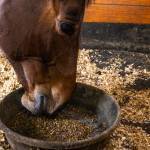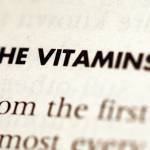Nutrition
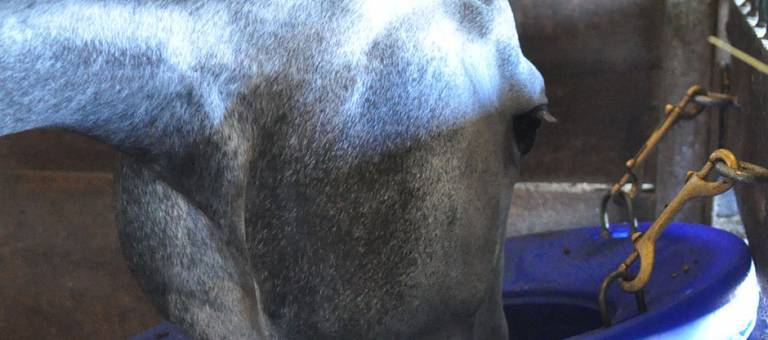
April 23, 2013
How Well Is a Water-Dispersible Vitamin E Supplement Utilized by Horses?
A supplementation study was conducted in five vitamin E-deficient mature Quarter Horses to determine how well a water-dispersible vitamin
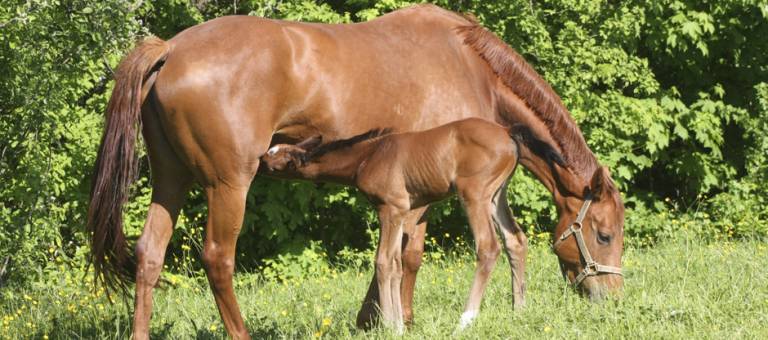
April 18, 2013
Neonatal Foal Nutrition
Newborn foals have minimal liver glycogen stores, and the drop in blood glucose in the first hour or so
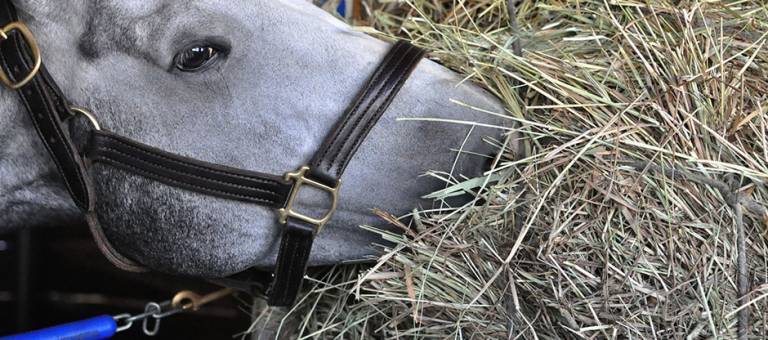
April 11, 2013
Are There Advantages to Feeding Horses Pelleted Rather Than Loose Hay?
There was no significant difference between the digestibilities of any of the nutrients in the long-stem or pelleted alfalfa
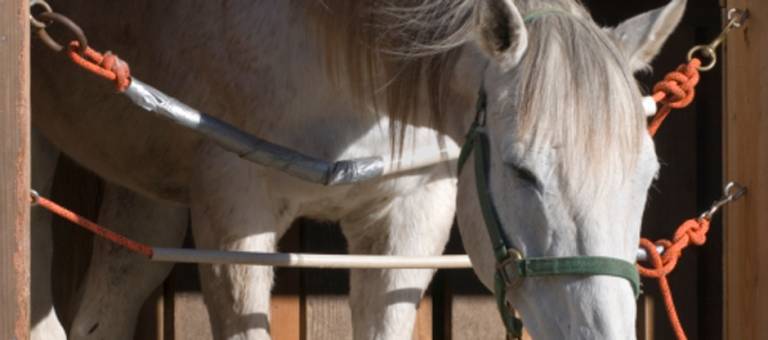
April 11, 2013
Vitamin D in Equine Diets
Modern horsemanship practices may predispose the horse to suboptimal intakes of vitamin D. Restricting the amount of turnout for horses to
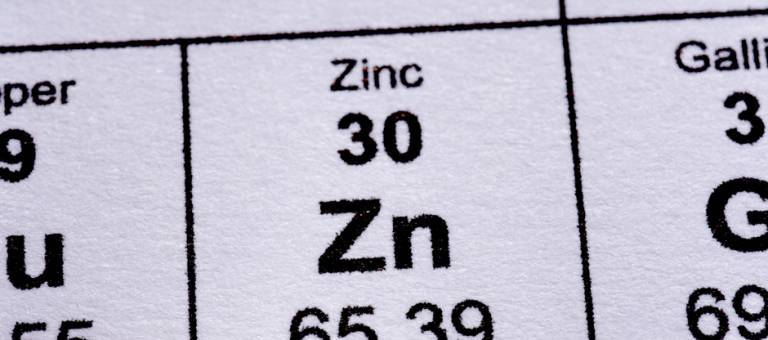
April 08, 2013
Trace Minerals for Horses: Zinc and Copper
The use of copper and zinc supplementation in modern horse feeds for all classes of horses stems from the
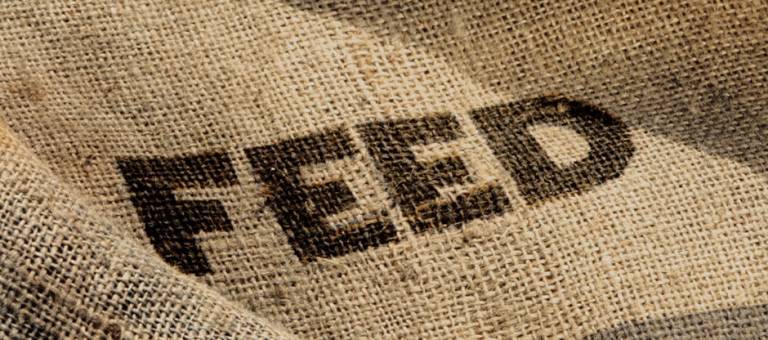
April 03, 2013
Differences in Feeding Horses in the U.S. and U.K.
Horses are fed essentially the same things—forages and grains—all over the world, but the forms in which these basics

April 01, 2013
Feeding After Exercise: Effect on Glucose and Glycogen Responses in Horses
Because glycogen is a valuable energy substrate during exercise, replenishment of its stores is extremely important. Enhanced glycogen
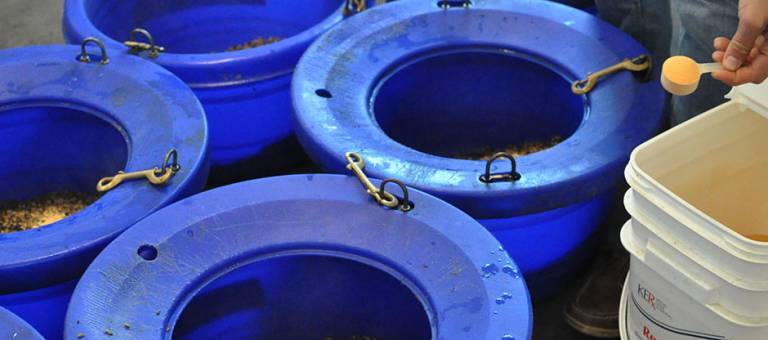
March 29, 2013
Is Sugar Helpful as an Ingredient in Electrolyte Supplements?
Commercial electrolyte products often contain dextrose, which is thought to improve electrolyte uptake in horses. Studies conducted at Kentucky
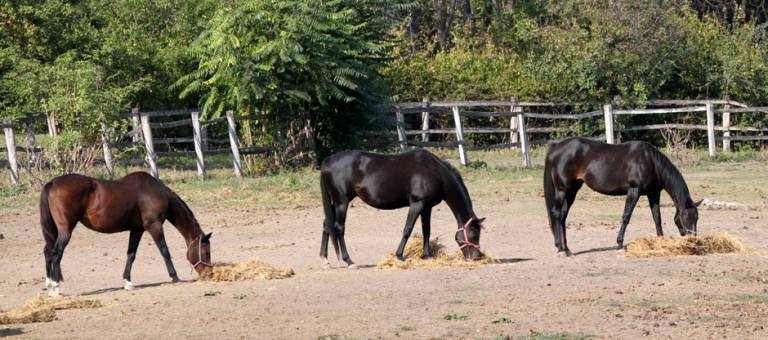
March 26, 2013
Alfalfa Hay for Horses May Contain Toxic Blister Beetles
Alfalfa (lucerne) hay is classified as a high-quality forage for horses, providing significant levels of both energy and calcium.

March 21, 2013
Effects of Dietary Restriction in Horses
Serious health problems can result if horses are severely restricted in energy and forage intake levels.






